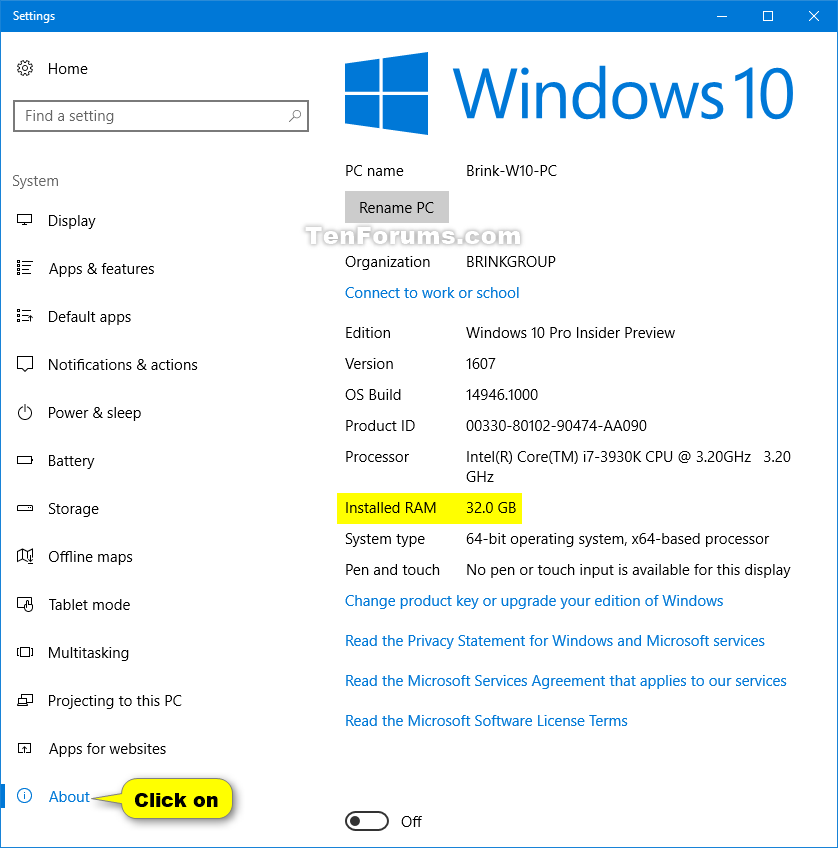

One common mistake a lot of PC builders end up making is not properly setting up an XMP profile in the BIOS after finishing their PC's set-up. One of them is, after building a custom PC, you might want to check whether or not your RAM is set up properly. There are several reasons why you might want to check your RAM speed. Why Is It Important to Know Your RAM Speed? The latest version of CPU-Z has added support for DDR5 memory and Intel Alder Lake 12th gen CPUs.įrom there, install the software (or open it if you downloaded the portable version), and then open it. You can download any version you want, although we'd recommend using one of the latest ones if you happen to have newer hardware on your system. How to Free Up RAM and Reduce RAM Usage on Windowsįirst up, head over to the CPUID Windows download page. However, we're settling on CPU-Z because it's fairly reliable, lightweight, and is compatible across a whole range of computers and Windows versions. CPU-Z is a good option if you have an older version of Windows or if the information shown by the Task Manager seems to be unreliable for whatever reason.įor clarification, there are lots of different pieces of software for this purpose.

Alternatively, just tap Ctrl + Shift + Esc which will boot up Task Manager.ĬPU-Z is a utility that lets you see several pieces of data about your computer, including information about your computer's CPU as well as the RAM. You can access it by right-clicking on your Windows taskbar then clicking on the Task Manager option. The first thing you need to do is to access the Windows Task Manager.

The older Task Manager present in Windows 7 and older operating systems does not show this information, so if you have an older version of Windows, please refer to other methods in this tutorial. The first method involves the Windows Task Manager in Windows 8, Windows 8.1, Windows 10, and Windows 11. Today, we're going to give you a rundown on how you can check your Windows computer's RAM speed. RAM speed is also an important factor to have in mind. But not everything comes down to memory size. The more RAM you have, the more tasks you can do simultaneously. RAM is crucial for multitasking because it's your computer's working memory where ongoing tasks are stored for quick access. But one massively important component in our system is the Random Access Memory, or RAM for short. Our computers have very different components that are all working together to make a cohesive, multi-purpose system.


 0 kommentar(er)
0 kommentar(er)
